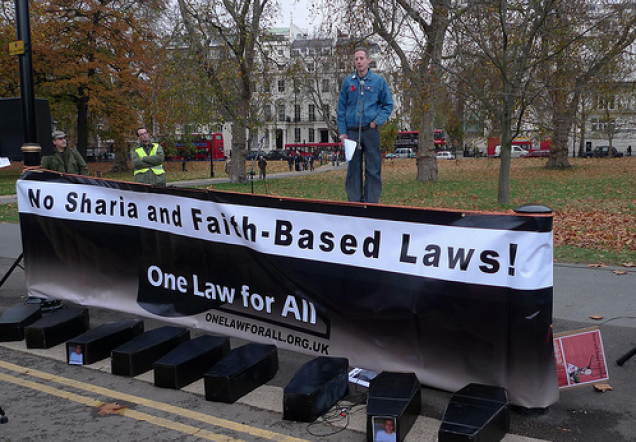
Nigerian human rights advocate Ibrahim Hauwa says the West has a one-sided image of Shariah law.
She blames Western media for biased portrayals of sharia, the Islamic legal code used in the courts of Northern Nigeria where she works.
“The bedrock is fairness, it’s justice and it’s equity. That's what is embodied in sharia,” Ibrahim says. “The issue of stoning to death has attracted a lot of attention. But the Koran did not provide for stoning to death.”
While she has her own criticisms of the sharia code, she does not comment on the Koran, the holy scriptures of Islam, in her cases. Instead, she bases her legal arguments on universal human rights and dignity, the rule of law, and the right to a fair trial.
Ibrahim has published a book entitled Practicing Sharia Law: Seven Strategies for Achieving Justice in Shariah Courts.
“As lawyers, we are not challenging the law - whether it is right or not - that is not our business,” she says. “Our argument has always been in all those cases, ‘Please follow the basic rules that this Sharia code has laid out for you to follow.”
A recent Pew Research Center report shows that while Sharia enjoys wide popularity in majority-Muslim societies, the legal code's supporters largely favor religious freedom for non-Muslim minorities in their countries. The report also explores attitudes towards women, morality, interfaith relations, popular culture and science in the Muslim world.
(Photo: Anti-Sharia protest in the UK, Flickr)
